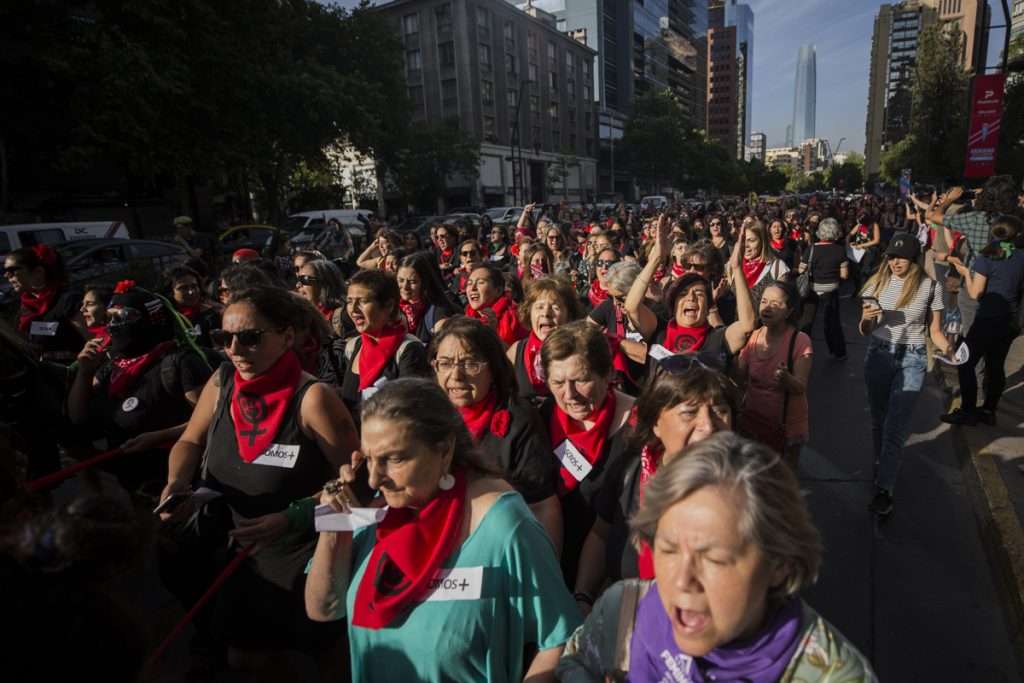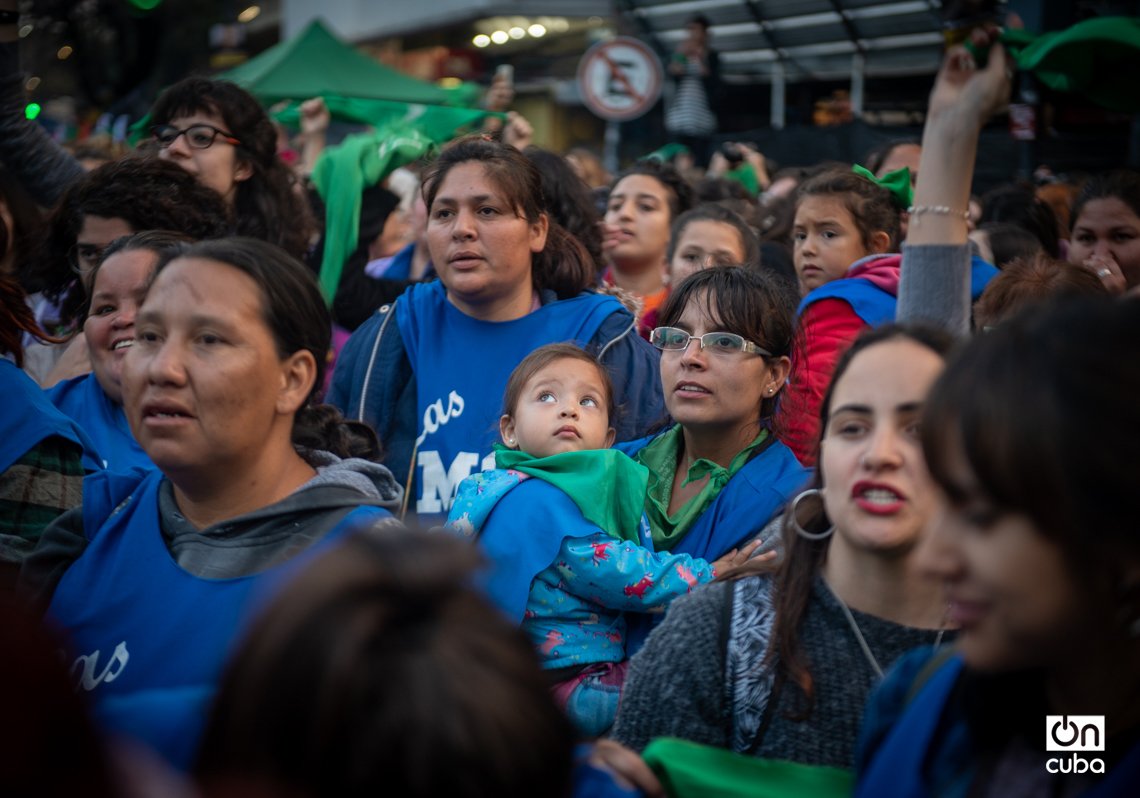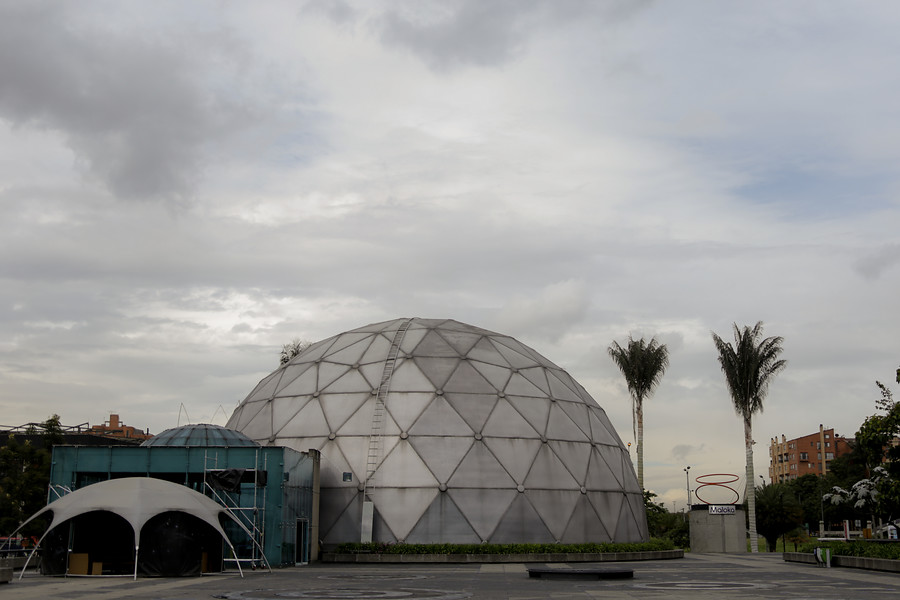The Summit of the Americas begins next week in Los Angeles with only three women heading a Presidency in the Americas, a reflection of gender inequality in a region whose gap has widened during the coronavirus pandemic.
The president of Honduras, Xiomara Castro, and that of the Caribbean countries Barbados and Trinidad and Tobago, Sandra Mason and Paula-Mae Weekes, respectively, will be the only women in charge of a head of state in an appointment threatened by boycotts and without a fully defined agenda.
The low female presence at the summit highlights the historical gender inequality in the field of politics in the region, where only 14 women have been heads of state or government in the last 30 years.
PARLIAMENTARY ADVANCES BUT LABOR BACKWARDS
Despite the existing gap, Latin America has taken important steps at the political level, especially in the formation of joint cabinets and in the parliamentary sphere, where the average number of women legislators is around 30%, above the global average of 26.2%, according to data from the Inter-Parliamentary Union.
Countries like Cuba, Nicaragua and Mexico lead the global statistics, with at least half of their seats occupied by women.
“It is a region that has talent, that is advancing, but progress has to be much faster and we hope that there will be a strong push at the next summit,” he told Eph the director of the Gender Affairs Division of the Economic Commission for Latin America and the Caribbean (ECLAC), Ana Guezmes.
The gap is even more visible in the world of work, where women in Latin America have salaries that are on average 17% lower than those of men, according to data from the International Labor Organization (ILO).
This gap has been further aggravated during the pandemic, when women have faced an overload of unpaid work and care, as well as loss of income and jobs.
This, according to ECLAC, has resulted in a decline of more than a decade in the levels of labor participation of women in the region.
“Women’s employment recovers much slower than men’s. That of men is going to return almost to pre-pandemic levels and in the case of women we are talking about an average of 13 years of setback,” Guezmes stressed.
Argentina organizes CELAC meeting simultaneously with the Summit of the Americas
The pandemic has also aggravated a continental scourge: sexist violence, which took the lives of more than 4,000 women in Latin America last year, according to ECLAC.
The prolonged confinement separated battered women for months from the family, institutional and social protection networks and plunged them into great defenselessness.
FEMINISM, STRONG IN THE STREETS
Despite the setbacks, the activists consider that there is a certain light in the region, with a feminist movement that is stronger than ever in the streets.

The “green tides” in favor of free abortion periodically fill the arteries of the main Latin American cities and movements such as “Ni una menos” (Argentina) or Las Tesis (Chile) went around the world.
“We have a strong feminist movement that is becoming more and more consolidated, that is bringing more and more allies, that is entering the public agenda, and in conversations at home,” she told Eph Catalina Martínez, regional director of the Center for Reproductive Rights.
This contributes, among other things, to “the social decriminalization of abortion and that more and more people understand that it is a right,” said the activist, whose organization led the fight that recently achieved free abortion in Colombia until week 24.
Colombia thus joined the list of countries that have decriminalized abortion in the region in recent times, including Argentina, Cuba, Uruguay, Guyana and several states in Mexico.
Others like Chile try to move in the same wake, which has included in the draft of the Constitution that is writing the right to interrupt pregnancy, “something that, if finally approved, would be unprecedented in the world,” Martínez pointed out.
The pandemic of #COVID19 has exacerbated gender inequalities in #LACreiterate @aliciabarcena in the #WomensDay. Health, environmental and economic crises have a disproportionate impact on women, adolescents and girls, she emphasizes. #8M #SustainableRecovery pic.twitter.com/ViAOLqSQyy
— ECLAC (@cepal_onu) March 8, 2022
The Latin American reality clashes squarely with that of the United States, where the Supreme Court could at the end of June prohibit this reproductive right.
“It is a region that works like a pendulum, there are advances and at the same time – Guezmes concluded – a reaction from the patriarchal culture and privilege.”
Efe/Alba Santandreu and María M. Mur.






